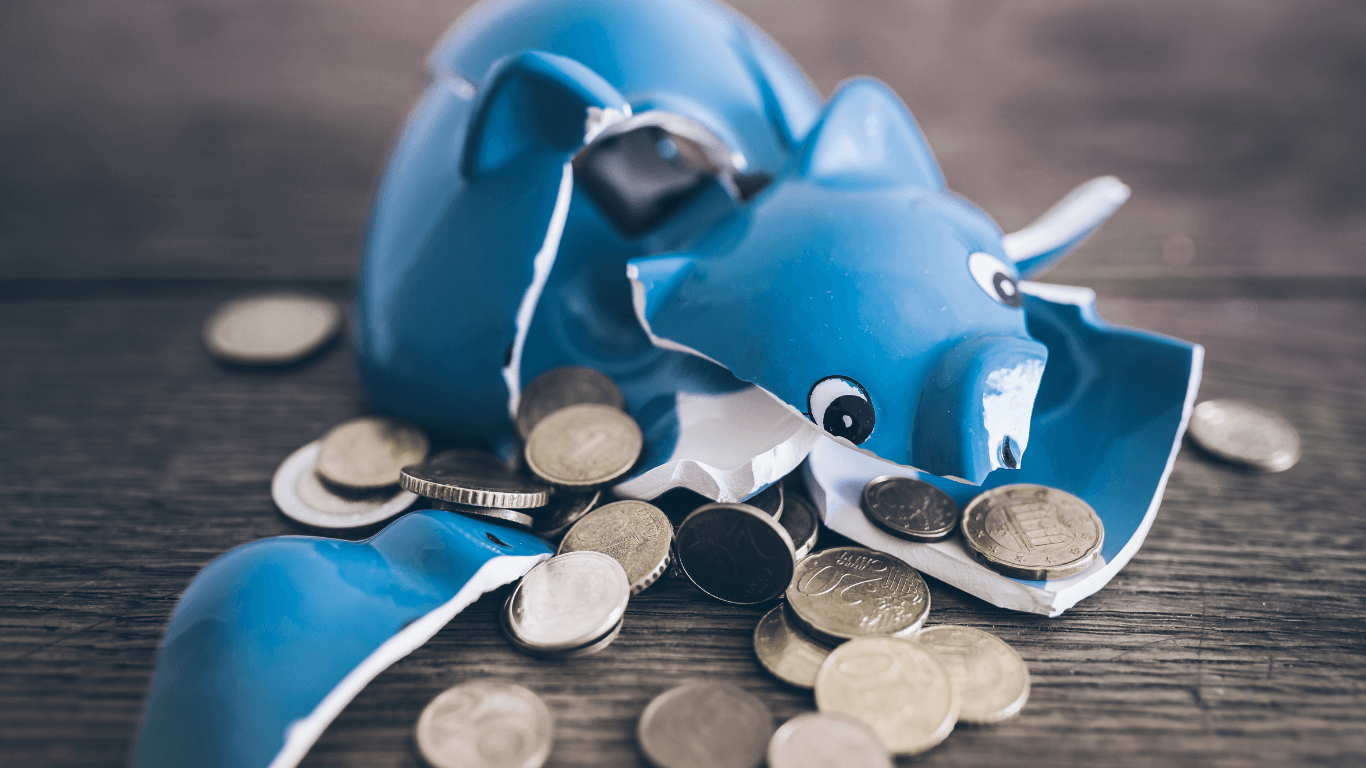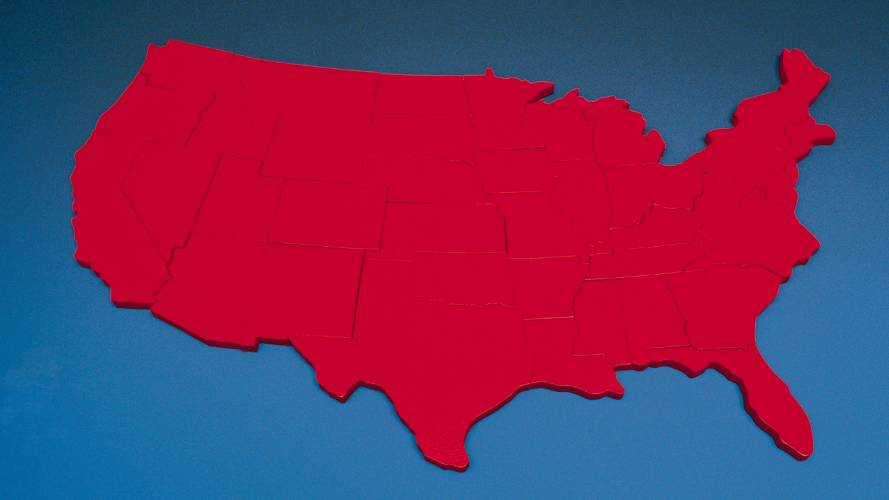If you have debt that’s gotten out of control, you may consider declaring bankruptcy. This should be a last resort because filing for bankruptcy seriously affects your ability to obtain credit during the time the bankruptcy is on your credit report. If you’ve had to take that step, you may want to ask, “How long will it take my credit to recover from bankruptcy?”
How Long Bankruptcy Stays on Your Credit Report
There’s no hiding the fact that you’ve declared bankruptcy from other creditors. Once you file bankruptcy, it shows on your credit report for several years. The amount of time it remains on your credit report depends on which type of bankruptcy you file. For Chapter 13, it’s seven years while Chapter 7 is ten years. You won’t be able to have a bankruptcy deleted from your credit report before that.
The Impact of Bankruptcy
After bankruptcy, your credit score will drop significantly, and the higher your credit score was before filing bankruptcy, the more it may fall. Your score may drop anywhere from 130 to 200 points. If you’re able to obtain credit while bankruptcy is on your credit report, you can expect to pay a high-interest rate and fees. Having a bankruptcy on your credit report can affect your ability to rent an apartment, start a cell phone plan or possibly even get a new job.
The good news is the impact of bankruptcy on your credit score lessens with time. Most people see some improvement after about a year.
Rebuilding After Bankruptcy
With a bankruptcy showing on your credit report, you’ll appear to be an extremely risky borrower. You need to start building a history of on-time payments, and you can do that by obtaining a secured credit card or a credit builder loan. A secured credit card is backed by money you have deposited into the bank or credit union, and you won’t be able to use the money while it’s securing a credit line. Your application for a secured credit card may be turned down, but you have a better chance of obtaining a secured card than an unsecured card.
In a credit builder loan, the money you have borrowed goes into a secured savings account. You make payments to the bank or credit union and once you have paid the full amount, the money in the deposit account is released to you.
Developing Better Financial Habits
After a bankruptcy, you need to work on developing better financial habits. Always pay your bills on time and avoid borrowing more money than you can afford to pay back. As you try to rebuild your credit, keep an eye on your credit report and make sure all the information on it is accurate. Make sure the bankruptcy is removed from your report when it should be, depending on which chapter bankruptcy you file.
Dovly is an AI credit engine that can help you track and fix your credit. Try it risk-free with our free membership tier. Contact Dovly today.



